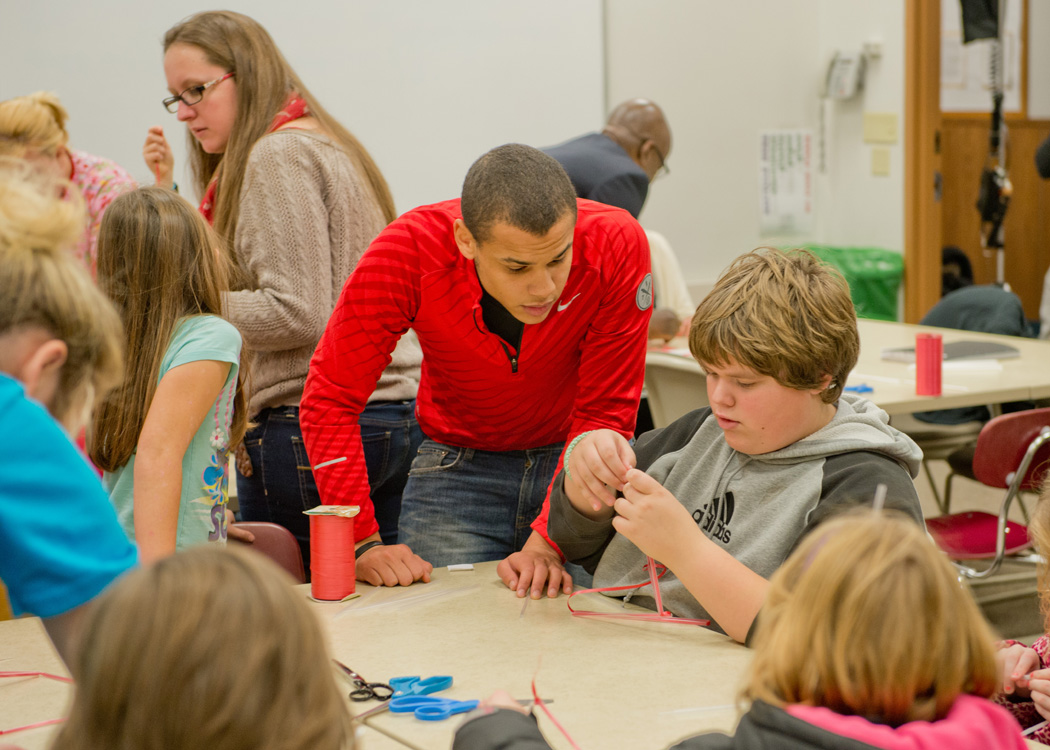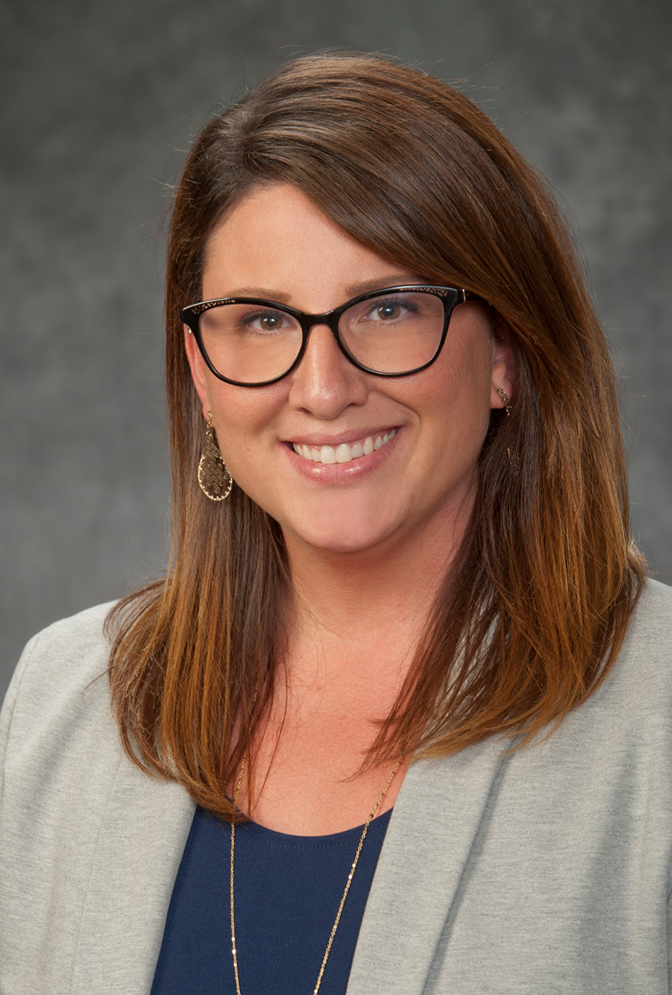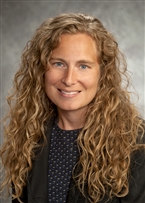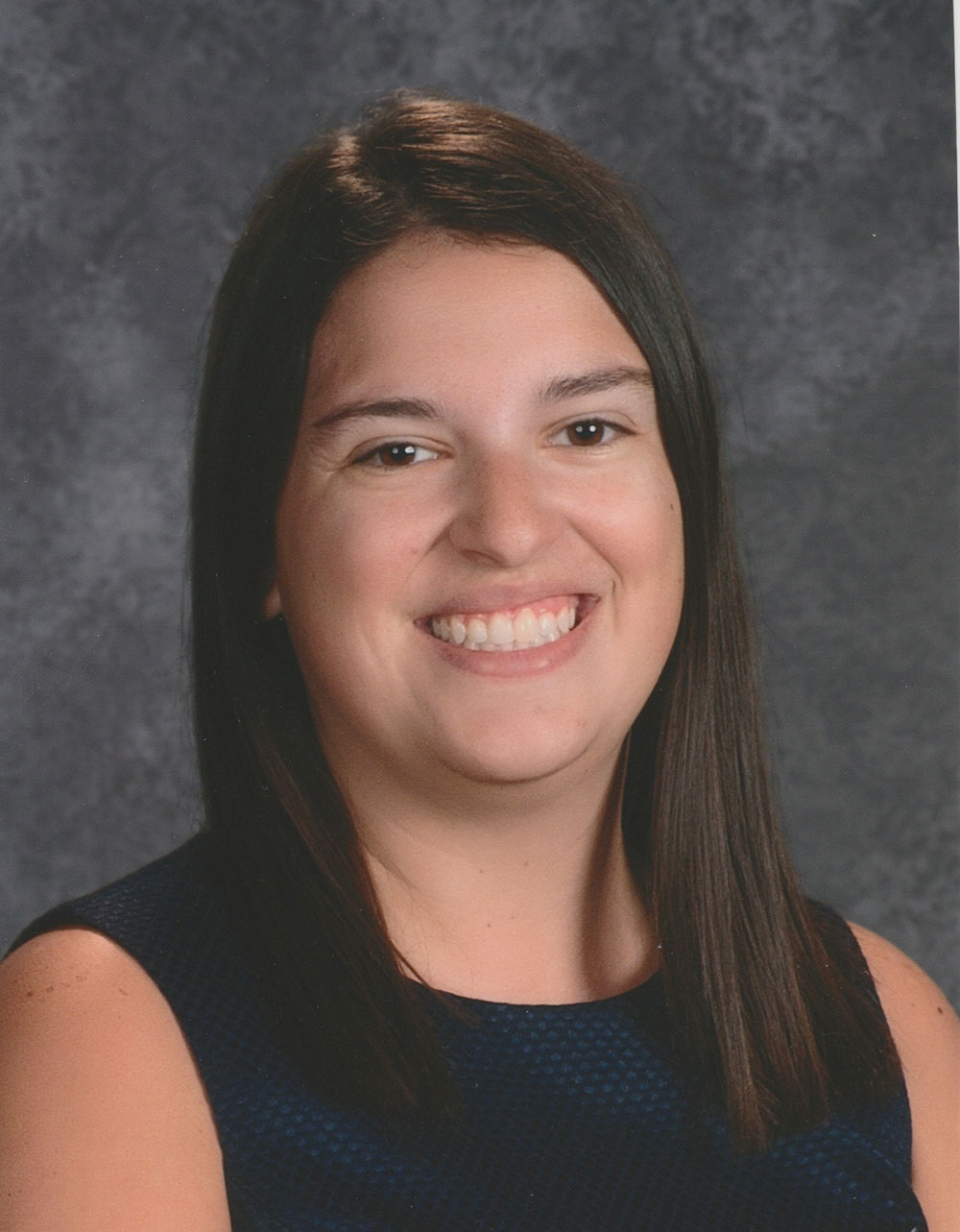Bachelor of Arts in Middle Childhood Education Degree
Encourage young minds to be their best with the Bachelor of Arts (B.A.) in middle childhood education degree at the University of Mount Union. Our School of Education is accredited through the Council for the Accreditation of Educator Preparation, (CAEP) which means you will receive in-depth knowledge through an array of specialized courses.
Our faculty bring years of experience and care about your success. They will prepare you to lead a classroom of your own upon receiving your degree. Unique experiences will allow you to learn from experts in the field and receive in depth understanding on how the education system works.
About the Program
The middle childhood education major at Mount Union combines important principles of instruction with real-world experiences through student-teaching opportunities like the Navigators Program at Alliance Middle School.
Grow your teaching portfolio while making connections at conferences or at our yearly SCHOLAR Day when you present independent or group research. Immersive experiences like these will increase your confidence empowering you to become the leader children need to succeed.
Middle Childhood Education Quick Facts
- 34 credit hours within the middle childhood education degree program
- 32 credit hours in the well-rounded Integrative Core (IC)
- Field experiences in cities like Chicago.
- Meet aspiring educators like you through student organizations.
Learn more about the Degree in Middle Childhood Education
Devote time to your future as an educator inspiring childrens’ lives with the Bachelor of Arts degree in middle childhood education from Mount Union. The exceptional student-teaching experiences and meaningful connections you will gain will prepare you to make a difference.
-
Curriculum
As a middle childhood education major at the University of Mount Union, you will begin with an introduction to the teaching profession. While completing the middle childhood education major requirements, you will gain knowledge and understanding in the areas of content area literacy, phonics, assessment and multicultural education as well as two concentrations of your choice. You also will be required to participate in a pre-clinical and clinical practice as part of our CAEP accredited Teacher Education Program in order to better prepare you for a rewarding career in the field of education.
At Mount Union, a middle childhood education degree with the completion of additional coursework leads to a teaching license for grades four through nine in two areas of concentration. We also offer additional coursework to add an endorsement for grades four through six in the other two areas of concentration.
LEARNING OBJECTIVES
- Candidates will demonstrate understanding of the subject matter areas and create meaningful learning experiences based on this knowledge.
- Candidates will demonstrate an understanding of each student’s cognitive, Social, physical, and emotional development and to create learning opportunities that support student academic development.
- Candidates will demonstrate the ability to recognize and value student diversity and the differences in how students learn and provide instruction to accommodate such diversity.
- Candidates will demonstrate the ability to develop instructional plans based on student's needs, curriculum goals and models, subject matter and community.
- Candidates will demonstrate pedagogical knowledge and skills and use this expertise to encourage each student to develop critical-thinking and problem-solving skills.
- Candidates will demonstrate the ability to create a classroom environment that facilitates learning and a climate that encourages fairness, positive social interactions, active learning, and self-motivation.
- Candidates will demonstrate effective verbal, nonverbal, written, technological, and media communication skills to support and enhance student learning.
- Candidates will demonstrate an understanding of the role of assessment and the use of formal and informal assessment strategies to evaluate student learning.
- Candidates will demonstrate the skills necessary for self-reflection and use this knowledge to analyze past experiences and pursue professional development opportunities.
- Candidates will demonstrate the ability to collaborate with students, candidates, parents, community members, and professional colleagues in order to support student learning and development.
- Candidate will demonstrate a sense of caring.
View our University Catalogue to learn more.
-
Experiential Learning
Students who choose to major in middle childhood education at the University Mount Union will have ample opportunities to observe and teach in classrooms within a variety of schools and educational settings. Whether you want to be a teacher, coach, guidance counselor, administrator or professor, Mount Union will put you on the fast track to finding a rewarding and successful career in education, equipped with all of the necessary skills, knowledge and experience.
FIELD EXPERIENCES
Field experiences provide you with the opportunity to go out into classrooms and gain practical experience, which is critical to a successful career in middle childhood education after graduation. The University of Mount Union’s CAEP accredited Teacher Education Program candidates gain more than 600 hours of experience in real classroom settings, observing, assisting and teaching by the time they graduate. Because of these field experiences, you will have the opportunity to discover what does and does not work in a classroom setting as well as apply strategies learned in your courses and find out what will be your best practices.
Participation in Alliance City School's Navigators Program is another opportunity for middle childhood education majors to gain hands-on experiences as a teacher. The Navigators Program is an after school program at Alliance Middle School, in which education majors from Mount Union are actively involved as paid teachers and/or volunteers.
Mount Union students can also take advantage of our clinical exchange programs. Students can broaden their horizons by choosing a clinical placement through the Chicago Semester Program or at a Native American reservation school.
SPRING BREAK TRIPS
Spring break trips are organized annually for University of Mount Union students, and middle childhood education major students specifically have the opportunity to travel to Charleston, South Carolina as part of the middle school field experience/seminar class. The trip provides teacher candidates with the opportunity to teach at low-income, diverse middle schools for a week.
STUDENT ORGANIZATIONS
Kappa Delta Pi (KDP) is an international honorary for education majors. KDP was founded in 1911 and promotes excellence in and recognizes outstanding contributions to education. Members of KDP exemplify worthy education ideals, express an intention of continuing in the field of education and show evidence of leadership abilities.
Student National Education Association (SNEA) is a student-led organization on Mount Union’s campus, and is open specifically for education majors.
-
Careers
Join the growing field of teaching by pursuing a degree in middle childhood education from the University of Mount Union and completing our CAEP-accredited Teacher Education Program.
Due to a larger number of children and adults seeking education opportunities and increased retirements, the Bureau of Labor Statistics projects that job opportunities in the education field will grow significantly in the years to come. This growth is expected to be larger at the elementary (grades 1-5) and middle school (grades 6-8) levels.
As a middle childhood education major at Mount Union, you will be able fulfill this growing need with preparation for teaching grades four through nine. You will be primed to specialize in young adolescent development, selecting at least two areas of emphasis that may include language arts, mathematics, science and social studies. Our program also provides you with an opportunity to earn reading and middle school generalist endorsements.
Mount Union's School of Education and Teacher Education Program is geared toward assisting candidates in obtaining a teaching appointment after graduation. A major or minor in education also provides students with an excellent foundation for careers in a number of fields outside of education.
RECENT EMPLOYERS
Alliance City Schools
Austintown School District
Marlington School District
Rootstown ElementaryCOMMON CAREERS
Schools
Childcare centers
Youth ministry
Colleges
Coaching
Human services professions
Corporate training






